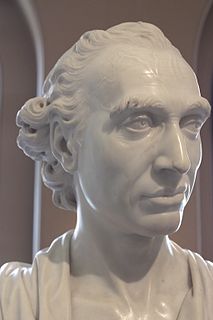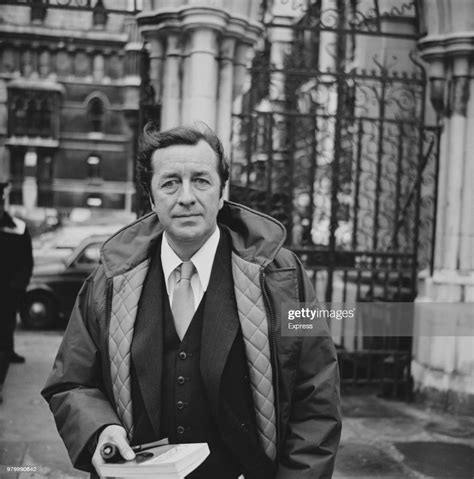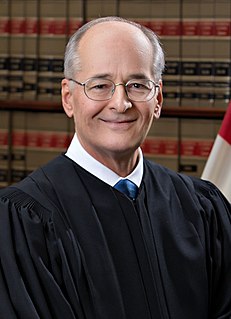A Quote by Cassandra Clare
Related Quotes
The law is equal before all of us; but we are not all equal before the law. Virtually there is one law for the rich and another for the poor, one law for the cunning and another for the simple, one law for the forceful and another for the feeble, one law for the ignorant and another for the learned, one law for the brave and another for the timid, and within family limits one law for the parent and no law at all for the child.
The law hath so many contradictions and varyings from itself, that the law may not improperly be called a law-breaker. It is become too changeable a thing to be defined: it is made little less a Mystery than the Gospel. The clergy and the lawyers, like the Freemasons, may be supposed to take an oath not to tell the secret.
We cannot live in peace without Law. And though law cannot be perfect, it may be just if it is written in ignorance of the identity of the claimants and applied equally to all. Then it is a possession not only of the claimants but of the society, which may now base its actions upon a reasonable assumption of the law?s treatment.



































